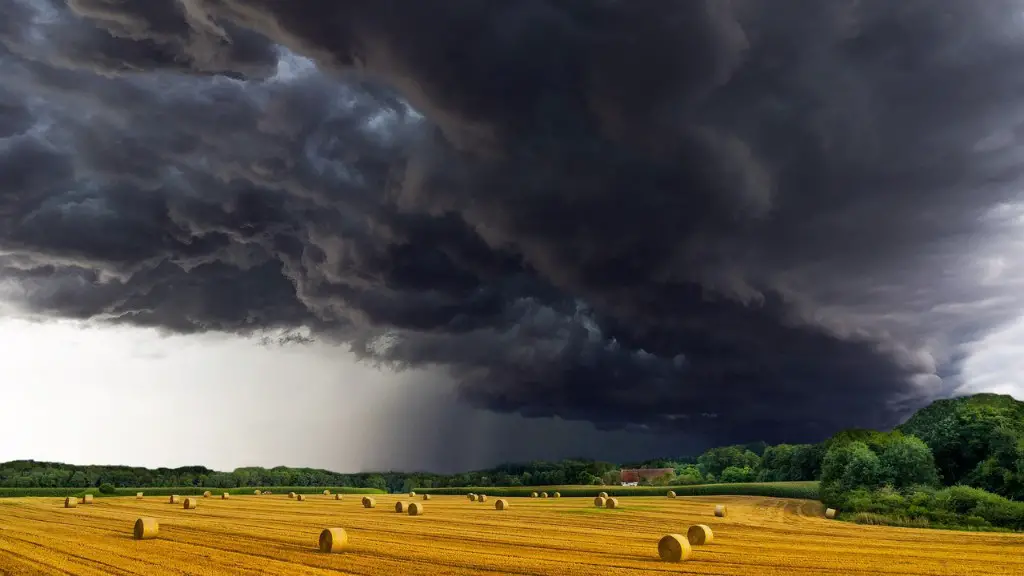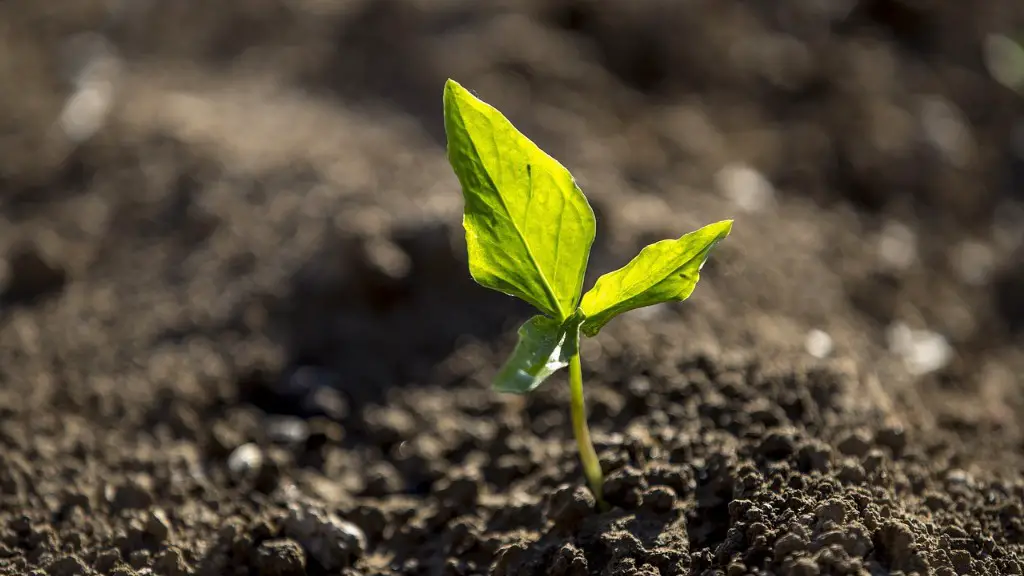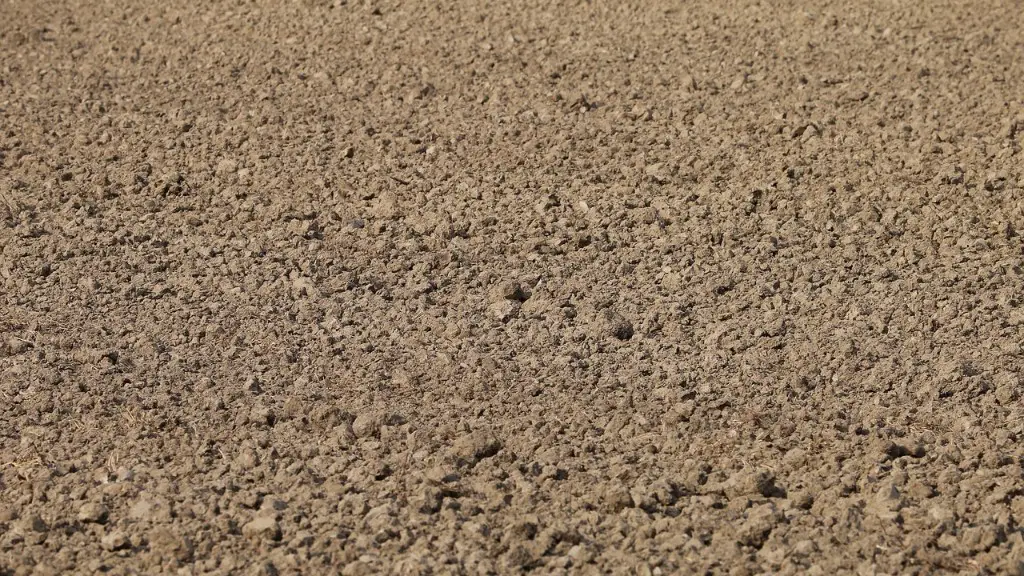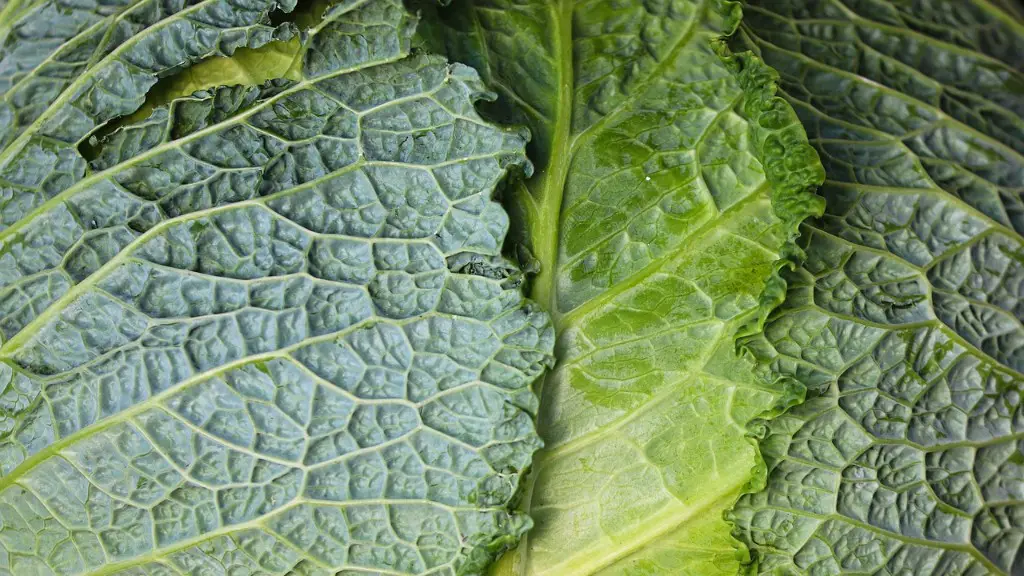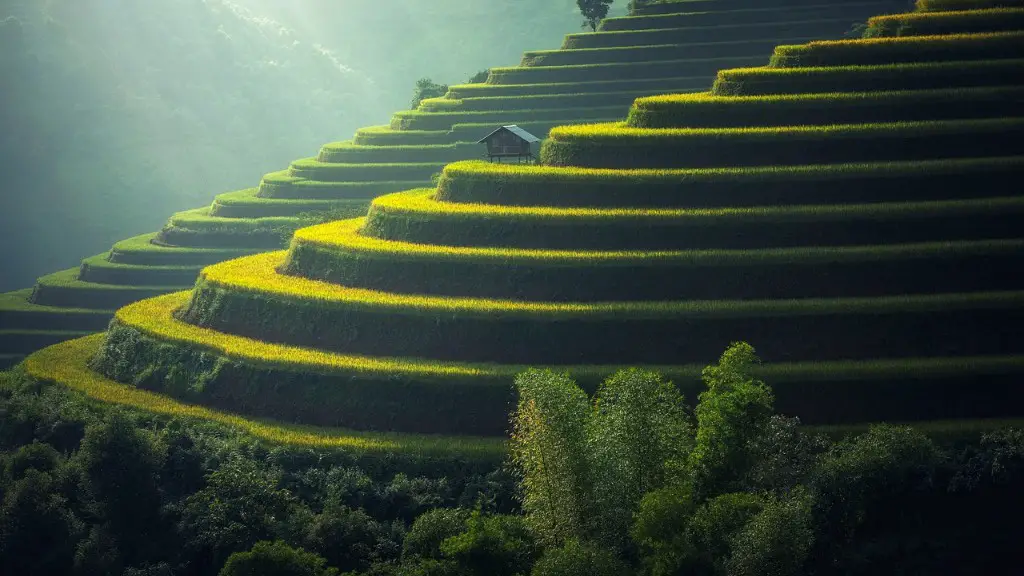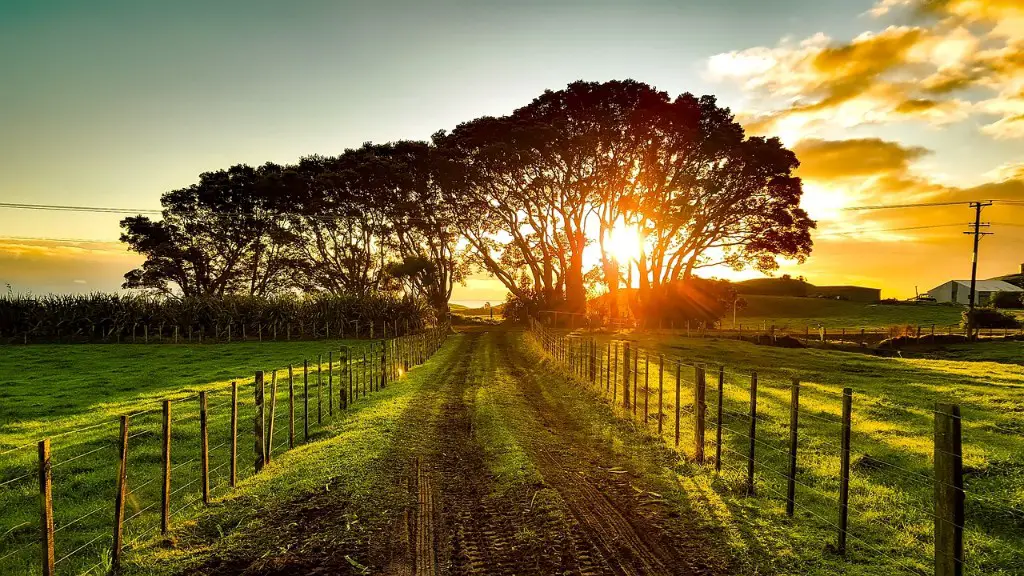Horticulture is the branch of agriculture that deals with the cultivation of flowers, fruits, vegetables, and ornamental plants. It is usually practiced in gardens, greenhouses, and farms. The word horticulture is derived from the Latin words hortus, meaning garden, and cultura, meaning cultivation.
Agriculture is the science, art, and business of producing plants or animals for human use. It includes the cultivation of crops and the raising of livestock. Agriculture is the main source of food, fuel, and fiber for the world’s people. It is also a major source of income for many farmers and other people who work in the agricultural industry.
The main difference between horticulture and agriculture is that horticulture is the science and art of growing fruits, vegetables, and ornamental plants, while agriculture is the science and art of growing crops for human consumption.
What is the difference in agriculture and horticulture?
Horticulture is the branch of agriculture that deals with the cultivation of vegetables, trees, flowers, turf, shrubs, fruits and nuts. It is a relatively new field of agriculture, and has only been recognized as a distinct field since the late 19th century. Horticulturists are responsible for the care and management of these plants, and work to ensure that they are healthy and productive.
Horticulture is a vital branch of agriculture that deals with growing plants for human consumption and enjoyment. Horticultural crops include fruits, vegetables, nuts, seeds, herbs, and spices. These crops are essential to our diet and provide us with many health benefits. In addition, horticultural plants are used in landscaping and other forms of environmental design to enhance our surroundings and create beautiful spaces.
Is horticulture the same as agriculture degree
Horticulturists and agriculturists are both experts in different sciences that are essential for different aspects of growing plants. Horticulturists use science to create better types of fruits, vegetables, and seeds for gardening, while agriculturists use science to help farmers obtain better crop yields. Both horticulturists and agriculturists are essential for ensuring that plants are healthy and productive.
Agriculture is a highly mechanized production system that relies heavily on machines and other forms of technology to produce food. In contrast, horticultural societies are more reliant on human labor and animal power to grow crops. Farmers in agricultural systems typically specialize in the large-scale production of a few food items for sale on the market, rather than meeting their own subsistence needs.
Which is better agriculture or horticulture?
In terms of employment opportunities and higher education, Bsc Agriculture is better than Bsc Horticulture. Agriculture is a more broad and versatile field, while horticulture is more specialized. Therefore, someone with a Bsc in Agriculture will have more opportunities available to them. Additionally, higher education institutions tend to offer more programs and research opportunities in agriculture than horticulture.
The term horticulture covers a wide range of activities, from the production of vegetables to the cultivation of flowers and ornamental plants. There are several sub-disciplines within horticulture, each with its own focus.
Olericulture is the production of vegetables, and includes activities such as the cultivation of potatoes, tomatoes and other vegetables.
Pomology, also called fruticulture, is the production of fruits and nuts. This includes activities such as the cultivation of apples, oranges and other fruit trees.
Viticulture is the production of grapes, and is largely focused on winemaking. This includes activities such as the cultivation of grapevines, and the production of wine.
Floriculture is the production of flowering and ornamental plants. This includes activities such as the cultivation of roses, tulips and other flowers.
What are the 5 branches of horticulture?
Floriculture, olericulture, pomology and post-harvest technology are all important branches of horticulture. Each one deals with a different aspect of plant science, and all are essential for the proper care and cultivation of plants. Floriculture deals with the scientific study of flowering and ornamental crops, olericulture deals with the scientific study of vegetable crops, and pomology deals with the scientific study of fruit crops. Post-harvest technology is also important, as it deals with the proper storage and processing of crops after they have been harvested.
A horticulturist is an agriculture professional who uses knowledge of botany and agriculture to help farmers and agriculturalists cultivate plants. Horticulturists often work with farmers, helping them improve their cultivation techniques.
Some of the things a horticulturist might do include helping farmers choose the right crops to grow, advising them on how to care for their crops, and assisting with the harvest. They might also conduct research on new cultivation methods or work to develop new strains of plants.
Is horticulture a good career
Horticulture can be a great option for those looking to pursue a career in the science of plants. The course covers a wide range of topics including vegetables, cereals, fruits, and many other types of plants. Students will learn about the different aspects of plant growth and development, as well as how to properly care for and maintain these plants. Horticulture can be a great option for those looking to enter into a career in the agricultural industry or to simply learn more about the plant world.
A job profile is a description of the duties, responsibilities, qualifications and skills associated with a particular job. It usually includes an overview of the company or organization, the job title, and the necessary skills and qualifications for the role.
Project Manager:
The Project Manager is responsible for planning, executing, and monitoring the progress of a project. They must ensure that the project is completed on time, within budget, and to the required standard. They must also communicate with stakeholders, report on progress, and resolve any issues that arise.
Gardener:
The Gardener is responsible for the care and maintenance of gardens and landscaped areas. They must have knowledge of plants, watering schedules, and pest control. They must also be able to operate gardening equipment and machinery.
Foreman:
The Foreman is responsible for leading a team of workers and overseeing the completion of a project. They must be able to communicate with workers, understand the work to be done, and resolve any issues that arise.
Horticulturist:
The Horticulturist is responsible for the care and cultivation of plants. They must have knowledge of plant species, growing conditions, and soil science. They may also be involved in the research and
Which job is best in horticulture?
There are many different careers available in the field of horticulture. production and sales, marketing and communications, research, teaching and education, landscape construction and management are just a few of the options. Many horticulture alumni are entrepreneurs, business owners and managers. There is a lot of opportunity for growth and advancement in this field.
Agriculture courses are highly interdisciplinary, requiring students to have a good grasp of both natural sciences and social sciences. Drawing on areas such as biology, environmental sciences, chemistry, economics and business and management, agriculture courses provide students with a well-rounded education in the field.
What is the biggest difference between agriculture and horticulture
The difference between agriculture and horticulture is that agriculture is focused on using tools to create one habitat, while horticulture uses the same tools to promote ecological succession and diversity of landscapes.
Horticultural crops are typically grown on a smaller scale than agronomic crops and with more intensive management. They include vegetables, fruits, flowers, ornamentals, and lawn grasses.
How are horticulture and agriculture similar?
It is easy to relate horticulture and agriculture because some of the techniques employed are used interchangeably in both sciences. For instance, in the cultivation of crops, which is an agricultural process, many horticulture methods are employed. Horticulture is a complete science of its own as well as a full industry.
There are many great companies for horticulturists in the United States. Some of the top companies include the Maryland National Capital Park and Planning Commission, the Smithsonian Institution, Five Rivers Metro Parks, and DATTCO. These companies offer great pay and benefits, and they are great places to work.
What is the highest salary in agriculture
There are a number of government and private jobs available for those who have completed their BSc in Agriculture. Some of the most popular positions include Agricultural Officer, ICAR Scientist, and Agriculture Analyst. The average salary for these positions range from 9 lakhs to 14 lakhs per year. However, the highest salaries can be found in the private sector, with salaries ranging from 42 lakhs to 6 lakhs per year.
Horticulture degrees can lead to a variety of exciting and rewarding careers in the green industry. As a soil and plant scientist, you could earn an average of $63,890 per year, with some making as much as $101,120 per year! You would research ways to improve the breeding, yield and physiology of plants, trees, shrubs and nursery stock. With your knowledge and expertise, you could make a significant contribution to the health and beauty of the natural world.
Final Words
Horticulture is the practice of growing and caring for plants. Agriculture is the science and art of cultivating plants and animals for food, fiber, and other products.
Horticulture is the branch of agriculture that deals with the art, science, technology, and business of growing plants. It includes the cultivation of fruits, vegetables, flowers, and ornamental plants. Agriculture is the science and art of cultivating the soil, producing crops, and raising livestock.
